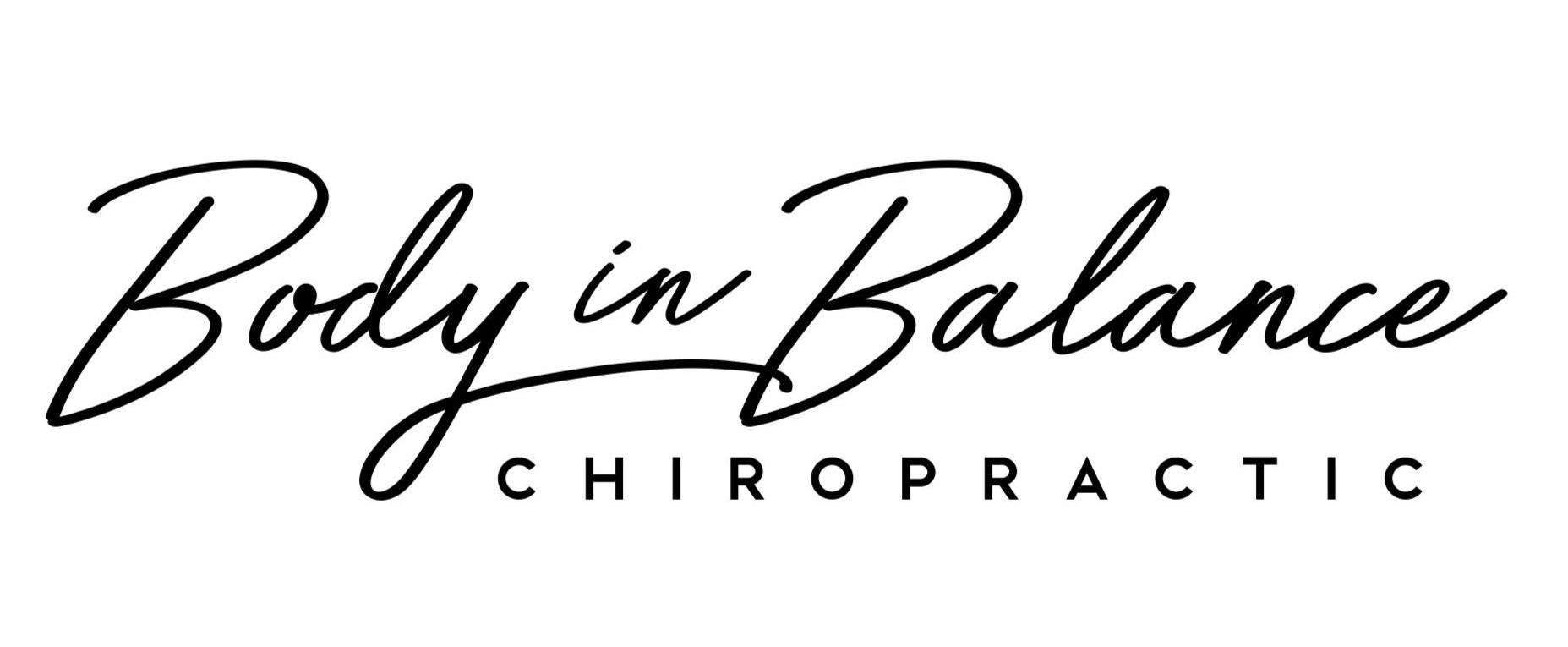Natural, Safe Sunscreen?
Sunscreen… most of us need it, some would say we all need it, most of us would agree that we can all benefit from it. Can’t hurt, right?… Turns out it can, depending on what’s in it. Most regular, readily-available sunscreens contain the following chemicals:
Oxybenzone This chemical is known to wreak havoc on the entire endocrine system, and has been known to cause endometriosis and lower birth rates in women. It can also affect your thyroid (as your thyroid is controlled by hormones), as well as your body’s response to insulin, as insulin is a hormone.
Octinoxate This chemical is made by mixing sulfuric acid with methanol and heating it until it becomes insoluble in water. It’s extremely absorbable and is a “carrier” for other chemicals; instead of laying on top of your skin, it’s absorbed directly into your bloodstream and carries whichever chemicals it’s mixed with into your bloodstream as well. These chemicals then come out in your blood, breastmilk and urine. Octinoxate is also the infamous “coral reef killer”, and some seaside countries have banned it due to the destruction it’s brought to their marine life, via swimmers wearing sunscreen that contains it.
Retinyl Palmitate This chemical is a synthetic form of Vitamin A that actually heightens your skin’s sensitivity to the sun… yikes.
While this all sounds pretty bad, scientists agree that not engaging in any form of sun protection at all is not advisable for anyone. So what are some guaranteed-safe solutions for protecting yourself from the sun (aside from never stepping foot outside of your house ever again)? Maybe it’s time to consider mixing up your own sunscreen, using some natural oils. Check these out:
Sesame Oil
Cold-pressed, unfiltered sesame oil can block up to 30% of the sun’s rays from your skin.
Shea Butter
Shea butter can prevent sun damage in an SPF 6-10 capacity. It’s full of Vitamins A and E, both of which protect your skin from free radical damage.
Aloe Vera
Aloe vera is not only good for post-sun exposure application- it’s good for sunburn prevention, too! Aloe vera blocks approximately 20% of the sun’s rays from your skin.
Coconut Oil
Coconut oil provides the equivalent of an SPF 10 and is also full of Vitamin E.
Avocado Oil
Avocado oil provides the equivalent of an SPF 5-15 and is full of fatty acids and Vitamins A, E and D.
Wheatgerm Oil
Wheatgerm oil provides the equivalent of an SPF 20, and also contains Vitamins E and K.
Carrot Seed Oil
Carrot seed oil provides an equivalent of an SPF 35-40 and is rich in Vitamins E and A.
Red Raspberry Seed Oil
Red raspberry seed oil provides the equivalent of an SPF 25-50, but isn’t as easy to find as the other oils on this list. Buying it online would be your best bet.
*If you've been prescribed a certain sunscreen by a medical professional, don't stop using it without consulting them.
